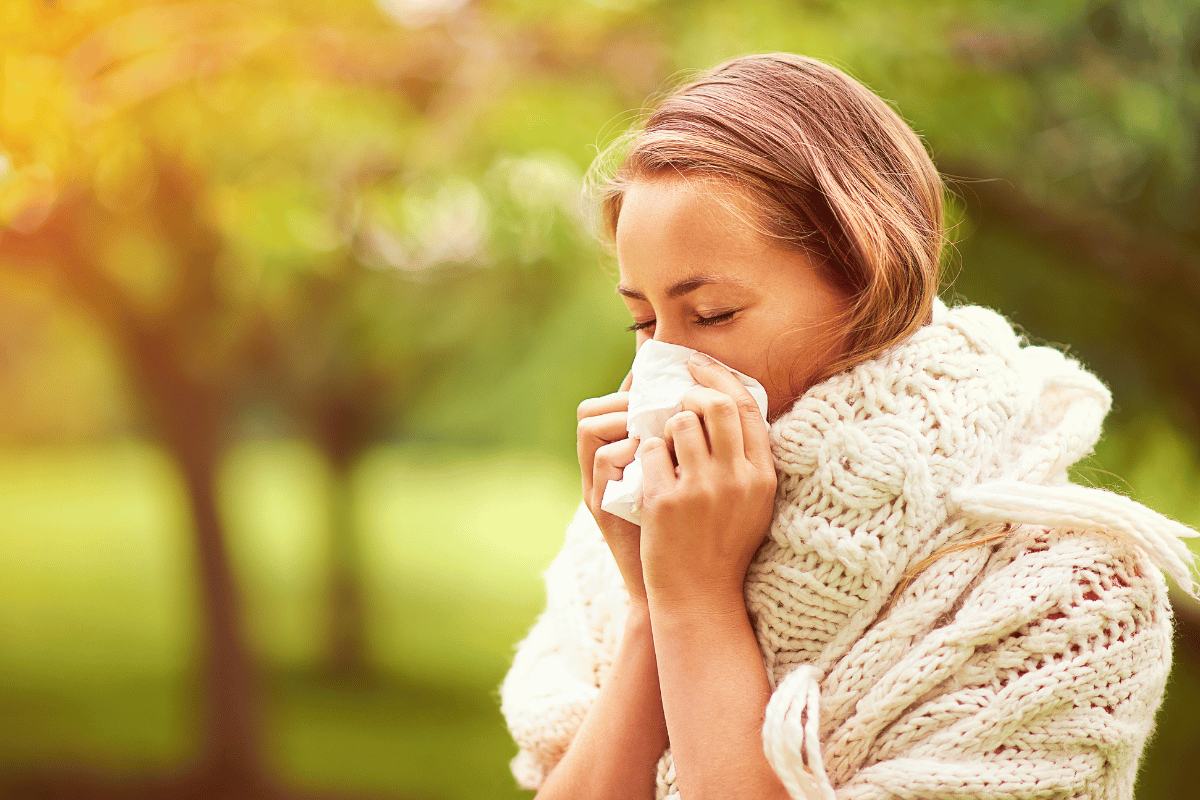
20 Mar New HVAC units can improve indoor air quality
How a New HVAC Unit Can Improve Indoor Air Quality During Spring Allergy Season in Middle Tennessee
Spring in Middle Tennessee brings warmer temperatures, blooming flowers, and unfortunately, a surge in allergens.
If you have seasonal allergies, you know that pollen and other allergy triggers can make it difficult to enjoy the season.
Fortunately, your home’s HVAC system plays a crucial role in maintaining indoor air quality.
Upgrading to a new, efficient HVAC unit can lower allergens. Even at a tiny amount, this change helps create a healthier home for you and your family.
Common Spring Allergens in Middle Tennessee
Middle Tennessee experiences a high volume of airborne allergens during the spring months, with pollen counts peaking from March to May.
Some of the most common allergens include:
Tree Pollen – Oak, maple, birch, and cedar trees release large amounts of pollen in the spring, causing sneezing, congestion, and itchy eyes.
Grass Pollen – As temperatures rise, grasses such as Bermuda, Timothy, and Kentucky Bluegrass begin to pollinate, leading to increased allergy symptoms.
Mold Spores – Spring showers and rising humidity create ideal conditions for mold growth both inside and outside the home.
Dust and Pet Dander – As people start spring cleaning, dust and pet dander become airborne, exacerbating indoor allergies.
How a New HVAC Unit Can Help
A well-maintained and properly functioning HVAC system is essential for filtering out allergens and improving indoor air quality. If your unit is outdated, upgrading to a modern system can provide several benefits, including:
Advanced Air Filtration
New HVAC units come equipped with high-efficiency filters that can capture smaller particles, including pollen, mold spores, and dust mites. HEPA (High-Efficiency Particulate Air) filters or high MERV-rated filters can significantly reduce allergens circulating in your home.
Improved Humidity Control
Excess moisture in the air can encourage mold and mildew growth. A new HVAC unit with advanced humidity control can help maintain optimal indoor humidity levels, preventing mold spores from thriving.
Enhanced Ventilation
Proper airflow and ventilation ensure that allergens don’t accumulate inside your home. Newer HVAC systems promote better air circulation, keeping your indoor environment fresh and allergen-free.
Smart Thermostat Integration
Many modern HVAC systems integrate with smart thermostats, allowing homeowners to monitor and adjust air quality settings remotely. These thermostats can alert you when filters need changing or when humidity levels are too high.
Additional Tips for Allergy Sufferers
In addition to upgrading your HVAC system, consider these steps to further reduce allergens in your home:
Change Filters Regularly – Replace HVAC filters every 1–3 months, especially during peak allergy season to help with poor air quality.
Keep Windows Closed – Limit pollen exposure by keeping doors and windows shut, particularly on high pollen days.
Use an Air Purifier – Stand-alone air purifiers with HEPA filters can provide extra filtration in bedrooms and common areas.
Schedule Regular HVAC Maintenance – Routine inspections and cleanings ensure your system operates efficiently and effectively filters out allergens.
Conclusion
Spring allergies can make life miserable, but a new air conditioning unit can provide relief by improving indoor air quality and reducing allergen exposure.
If you’re considering an upgrade, contact a trusted HVAC professional such as TMC to find the best system for your needs. Breathe easier this spring with a modern, high-efficiency HVAC system that keeps allergens at bay and your home comfortable year-round

